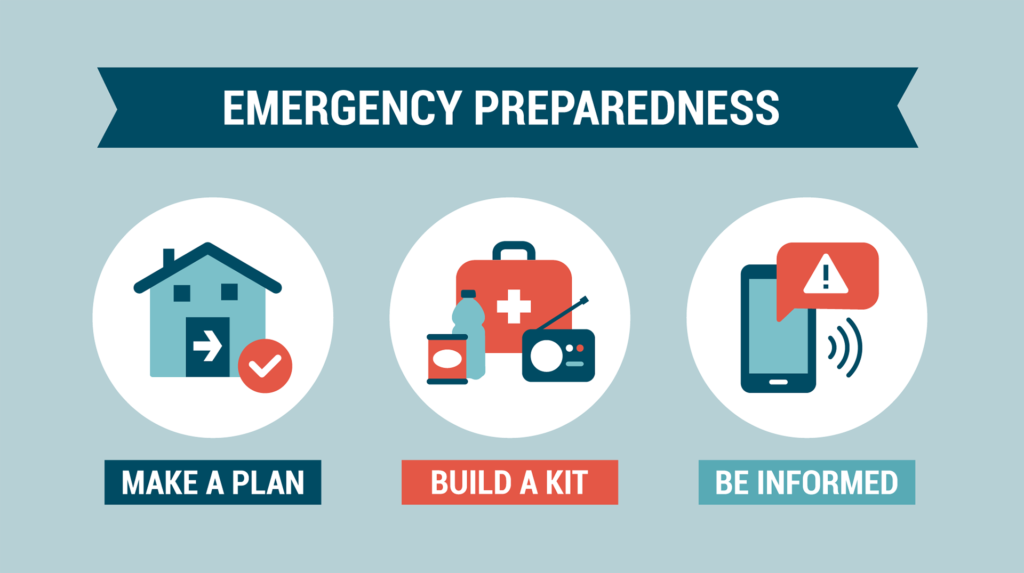In the last five years, the United States has faced a series of unprecedented challenges, from natural disasters to global pandemics and societal unrest. These events have underscored the importance of preparedness at both individual and household levels. As we reflect on these tumultuous times, it becomes evident that adopting lifelong preparedness skills and making provisions for unforeseen events is not just a prudent measure but a necessity for navigating the uncertainties of the modern world.

One of the key lessons learned from recent events is the fragility of our systems and the unpredictability of what the future may hold. From hurricanes and wildfires ravaging communities to the sudden onset of a global pandemic, no one is immune to the impact of crises. While we cannot always prevent these events from occurring, we can certainly take steps to mitigate their effects by being prepared.

Lifelong preparedness entails more than just stockpiling supplies or creating an emergency plan; it is a mindset that encompasses a range of skills and practices aimed at ensuring resilience in the face of adversity. This includes everything from basic first aid and financial planning and self-reliance. By equipping ourselves with the necessary knowledge, skills and resources, we empower ourselves to respond effectively to whatever challenges may arise.

The importance of community resilience cannot be overstated. In times of crisis, it is often our neighbors and local networks that provide the first line of support. By fostering strong community ties and working together to build resilience, we can better withstand and recover from disasters. This may involve participating in community emergency response teams, organizing neighborhood preparedness initiatives, or simply reaching out to those in need during times of crisis.

The need for preparedness extends beyond natural disasters to encompass a wide range of potential threats, including economic downturns, cyberattacks, and even geopolitical instability. In an increasingly interconnected and uncertain world, being prepared for the unexpected is no longer a luxury but a prerequisite for safeguarding ourselves and our loved ones.

In light of these realities, every household should prioritize preparedness as an ongoing commitment rather than a one-time effort. This means regularly reviewing and updating emergency plans, replenishing supplies, and honing essential skills. It also means cultivating a mindset of adaptability and resourcefulness, recognizing that the ability to improvise and innovate is often the key to survival in challenging times.
Ultimately, the need for lifelong preparedness is not just about safeguarding against specific threats but about cultivating a sense of empowerment and self-reliance in the face of uncertainty. By embracing preparedness as a way of life, we can navigate the complexities of the modern world with confidence and resilience, knowing that we are capable of weathering whatever storms may come our way.
